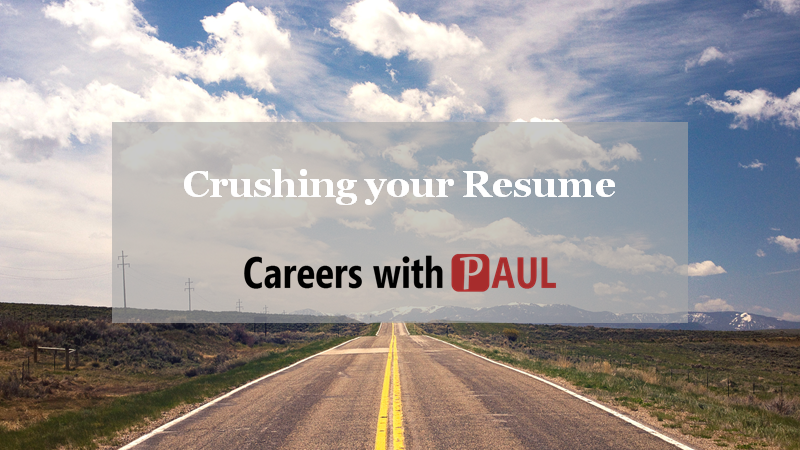
1/ Why did college students stop caring about developing a meaningful philosophy of life in the 1970s?
This data is from a survey of American freshman every year from 1966 to present
think-boundless.com/1970-meaning-m…
This data is from a survey of American freshman every year from 1966 to present
think-boundless.com/1970-meaning-m…

2/ In about 1971 developing a meaningful philosophy of life fell dramatically from 1st to 5th/6th, replaced by "being very well off financially"
Likely many reasons for this and I won't go into them
Likely many reasons for this and I won't go into them

3/ What is notable is that while we talk a lot about how money is too important to people, the other top priorities are pretty widespread noble values for most:
1. being good at what you do
2. having a family
3. helping others
Helping others up a lot over last 20 years too
1. being good at what you do
2. having a family
3. helping others
Helping others up a lot over last 20 years too

4/ Another notable study on "success" is the Gallup success index. It asked people two questions:
1. How do you personally define success?
2. How do you think others define success?
There was a HUGE gap between these two questions
1. How do you personally define success?
2. How do you think others define success?
There was a HUGE gap between these two questions
5/ Here is just one example:
Almost everyone thinks success is about being good at something you care about while at they same time they think that almost everybody else only cares about being rich and famous.
Almost everyone thinks success is about being good at something you care about while at they same time they think that almost everybody else only cares about being rich and famous.

6/ In the modern world we are in a common knowledge trap. Money is the thing we THINK everyone else cares about but its really the stuff students have been saying since '66
👉 take care of the people in your life, try to help others and be good at what you do.
👉 take care of the people in your life, try to help others and be good at what you do.
7/ There's tons more data from this population that probably would uncover some interesting trends. Let me know if you dive in:
heri.ucla.edu/publications-t…
heri.ucla.edu/publications-t…
• • •
Missing some Tweet in this thread? You can try to
force a refresh






